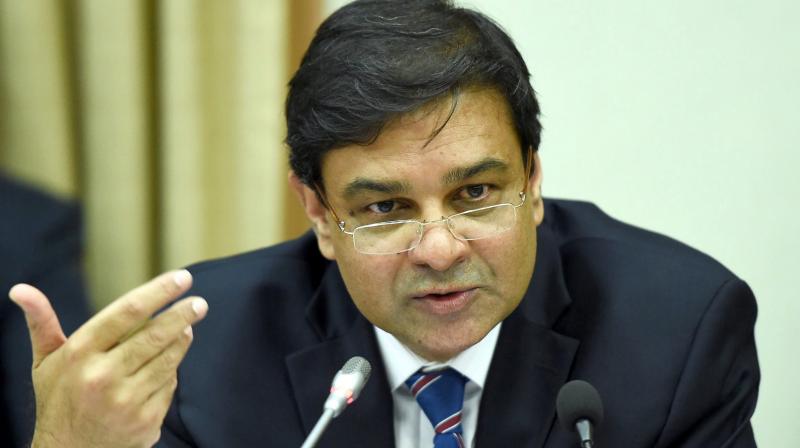
RBI governor Urjit Patel says problem of NPAs was earlier also but it is only recently issue was being recognized.
New Delhi: RBI Governor Urjit Patel today attributed the banks grappling with high bad loans to legacy issues saying they are mostly on account of credit facility provided for long-gestation projects before 2011-12.
He further said the problem of non-performing assets (NPAs) was earlier also but it is only recently that the issue is being recognized.
Patel said that sectors in which bad loans have emerged over the years pertain to long-gestation projects, which were mostly funded before 2011-12.
“Therefore, …by definition, this proportionate amount is a legacy issue, although the recognition and reporting of these have taken place only recently,” the RBI Governor said. Finance Minister Arun Jaitley after addressing the RBI board said a legal and executive framework to deal with NPAs has been put in place by the government as its resolution is an ongoing process.
Jaitley also said the bad loans figure has increased owing to emergence of some new NPAs or loans that have been continuing. Congress leader Veerappa Moily had recently raised the bad loans issue in Parliament and said the NPAs figure has grown since 2014.
“I was in Parliament responding to a comment which Moily had made. What was figure in 2014, then 2015, 16, 17 it increased. So I had said these are all loans which have been continuing and what’s have been added is either the discovery of some non-performing assets as a result of some exercise that RBI had directed to be undertaken and also the interest factor has increased,” Jaitley said.
After the Asset Quality Review (AQR), there was huge surge in NPA. In the third quarter of the last fiscal alone, NPAs rose over Rs 1-lakh crore. “Now resolution of these is an ongoing process…Now for individual bankers to get into exercise of resolving each one of the pending issues,” he said.
On when the RBI will be able to come out with the figures of scrapped notes which have been deposited with the banks, the Governor said the number that should divulge should be a verified number and a number that is congruent with the complex accounting.
“Given that the window is open until March 31 and then at a lower level until June 30 we need to be careful and try as hard as possible that this is a number that is not a mere estimate but a verifiable number both physically and in accounting stance,” he said.
Following the shock demonetization announcement on November 8, the government had asked people to deposit old notes in banks by December 30. Indians who were abroad during November 9 to December 30 have been given a 3-month grace period till March 31 to deposit the junked notes, while for the NRIs, it is 6 months till June 30.
Earlier this week, RBI Deputy Governor S S Mundra said the final numbers can only be revealed after counting the notes deposited in cooperative banks, receipt of information from Nepal and Bhutan and close of the window for deposit of notes by NRIs.
